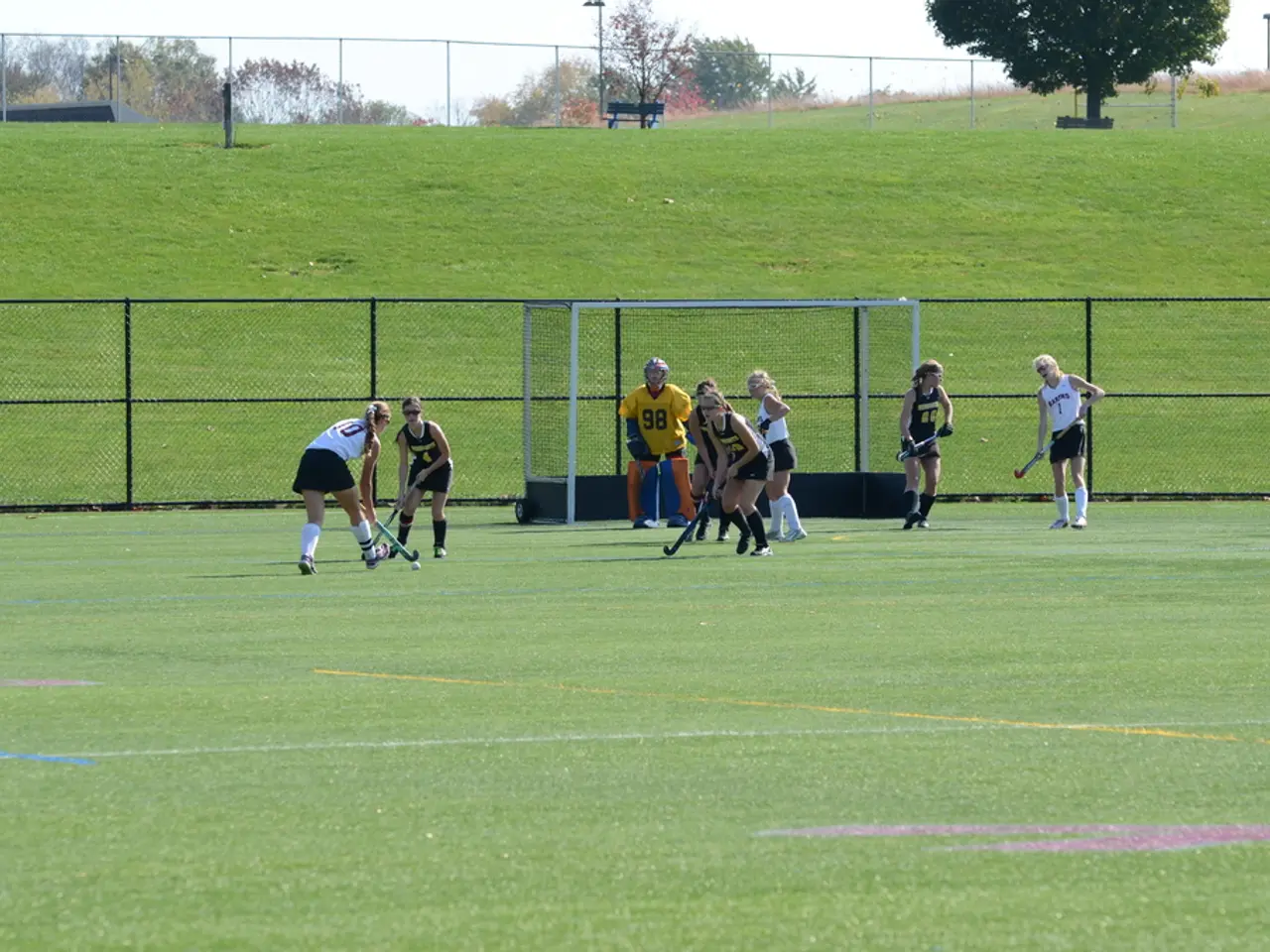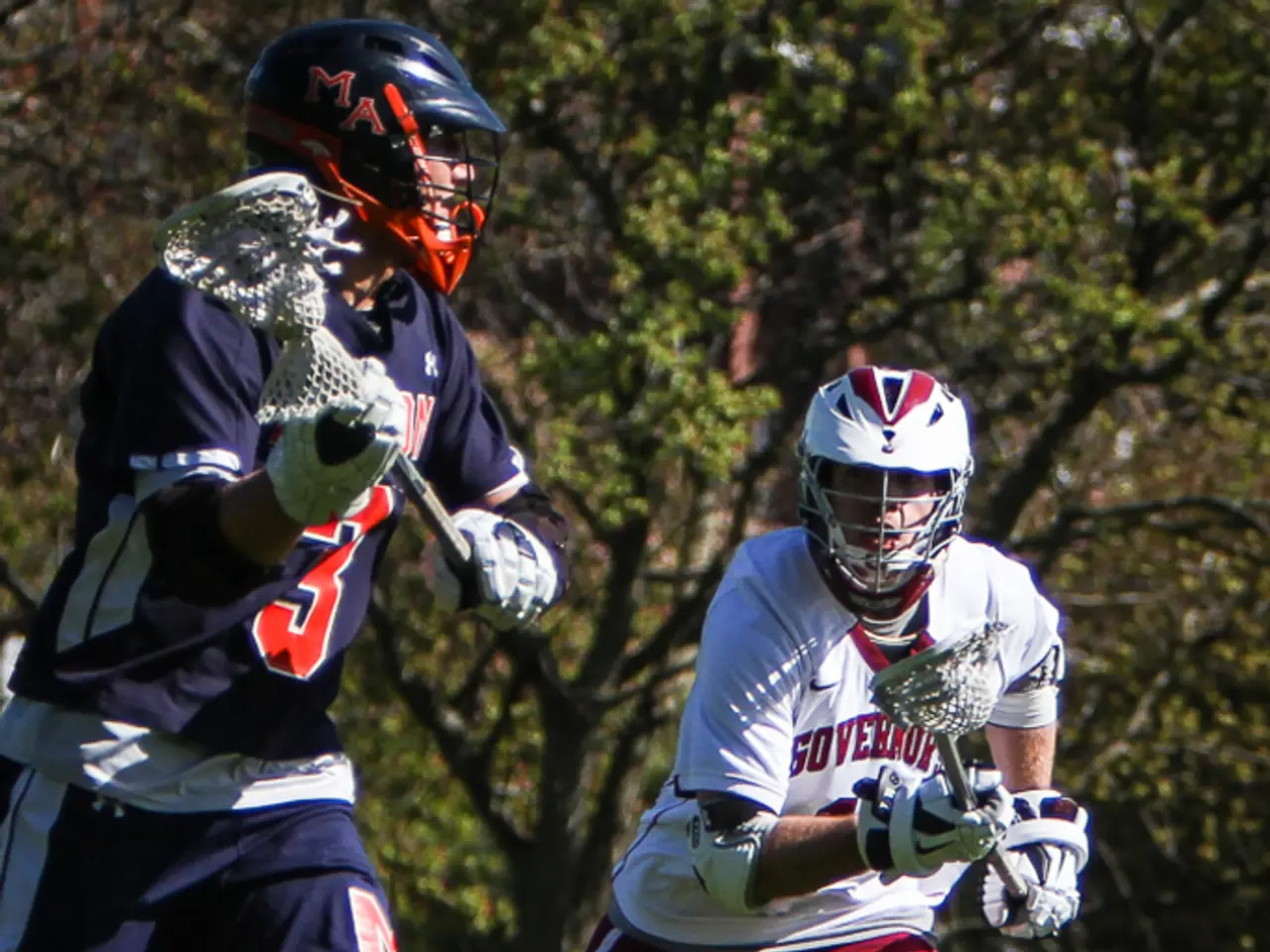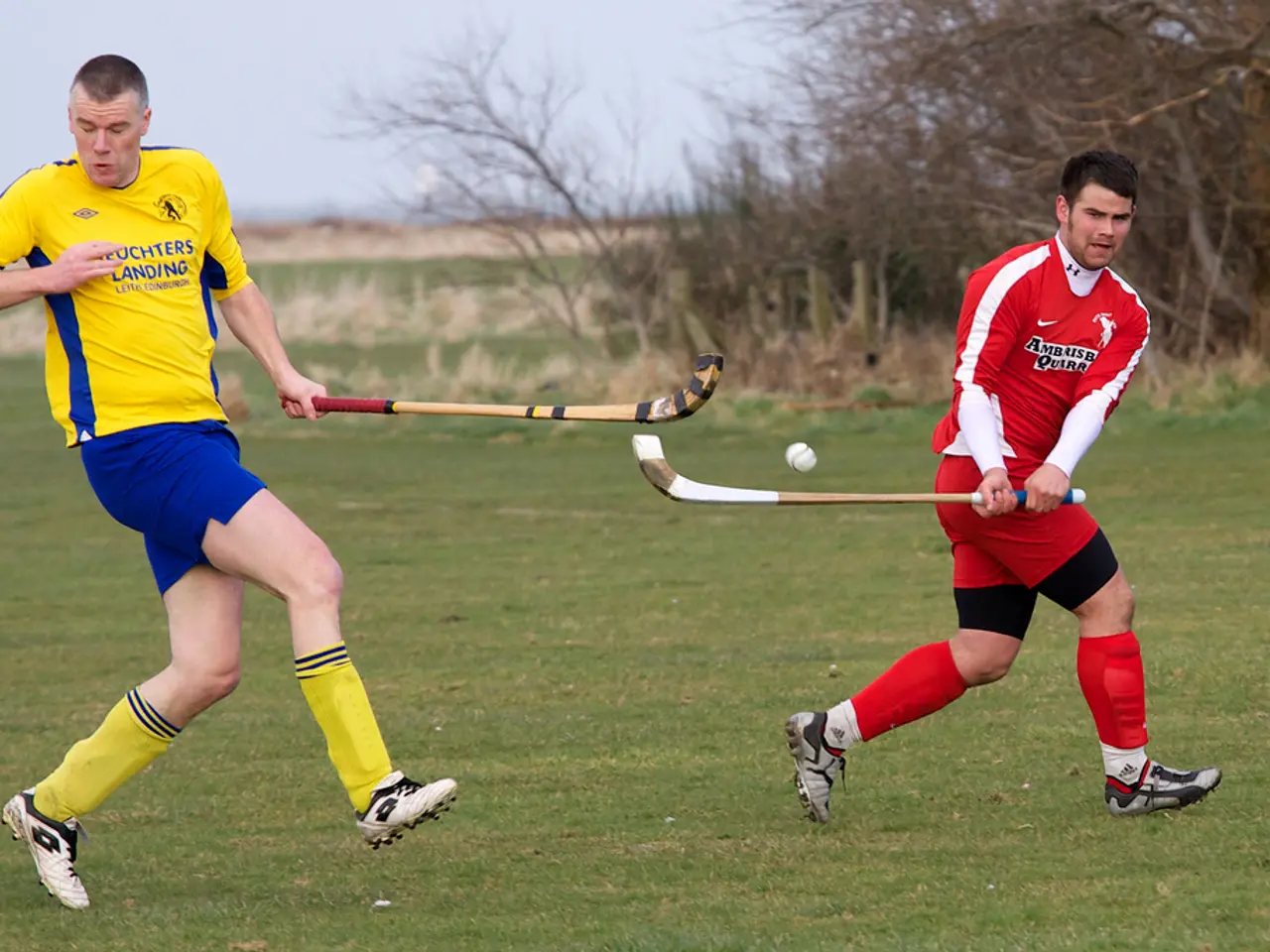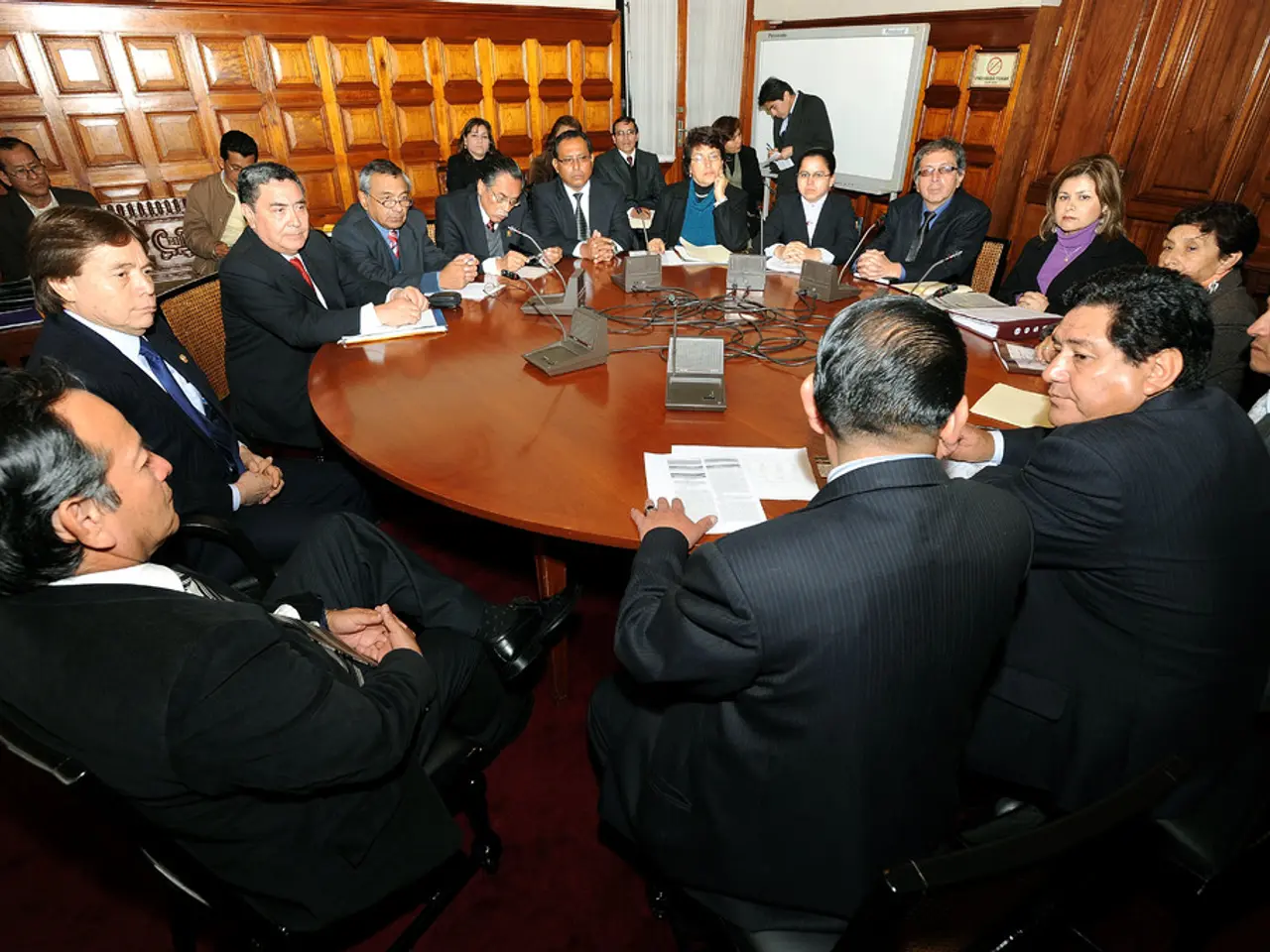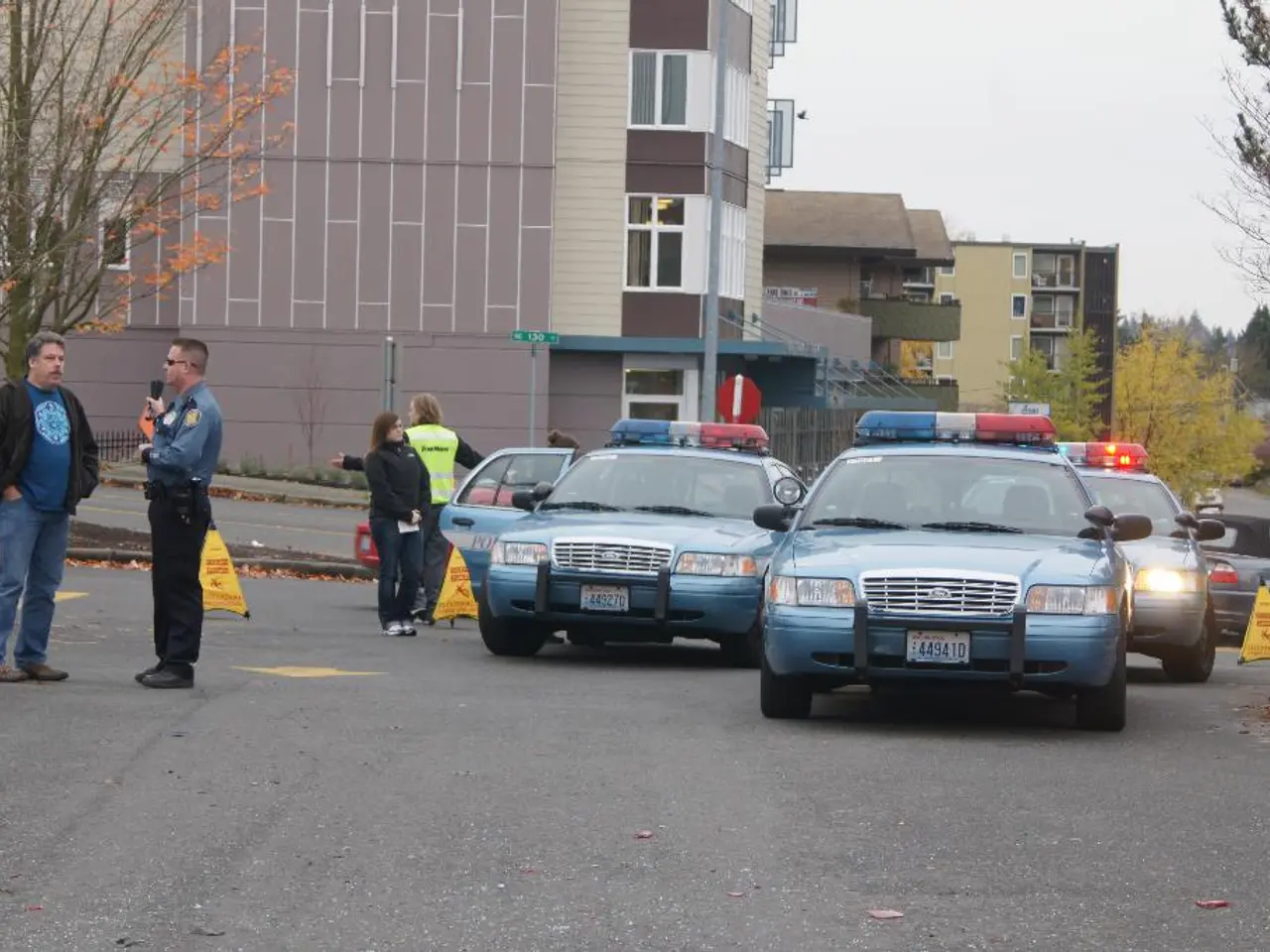Chicago Contemplates Imposing Tax on Sports Betting, Potential Costs Passed to Bettors
The City of Chicago is considering a new tax on online sportsbooks, aiming to boost city revenue but potentially leading to increased costs for bettors or reduced betting activity within the city.
The proposed tax would charge a $0.50 fee on every sports bet placed within city limits, expected to generate around $40 million annually. This would be in addition to the Illinois state’s existing tax on online sports bets, which imposes a $0.25 per bet fee on the first 20 million wagers each operator accepts and $0.50 per bet thereafter.
The new tax could put additional strain on sportsbooks operating in Chicago. They may respond by raising minimum bet amounts or passing the additional cost directly to bettors, as seen in Illinois after the state’s tax hike. For instance, BetRivers raised its minimum bet to $1 to offset the state’s tax increase.
Bettors might react to the new tax by placing bets outside city limits or turning to offshore platforms. Currently, Chicago does not tax online bets, only retail bets are subject to a 2% fee. Introducing a per-bet local tax on online wagers could mark a significant new burden on Chicago’s sportsbooks and bettors.
Illinois ranks among the top betting states in the country, but the state takes the majority of taxes, with little flowing to local governments. City leaders are open to expanding legal gambling, but only if the city gets a fairer share of the revenue. City officials are increasingly frustrated by the imbalance in tax revenue distribution.
The push for a city tax is part of a broader effort to rework how gambling revenue is split between Chicago and Springfield. Ald. Jeanette Taylor (20th) supports the city getting a cut of the growing online betting market.
No specific tax rate or timetable has been proposed for the local tax on online sportsbooks in Chicago. If implemented, Illinois online sportsbooks may adjust their operations, similar to the response seen after the state’s tax hike.
Michael Molter, who previously scouted college basketball for Florida State University and the University of Alabama, now covers legal sports betting bills, sports betting revenue data, tennis betting odds, and sportsbook reviews.
[1] Source: Chicago Sun-Times, Crain's Chicago Business, and Illinois Gaming Board reports. [3] Source: Sports Handle, Legal Sports Report, and BettingUSA articles.
- The proposed tax on online sportsbooks within Chicago's city limits could prompt sportsbook operators to increase minimum bet amounts or pass the additional cost to bettors, as previously observed in Illinois following a state tax hike.
- Bettors might choose to place wagers outside the city or utilize offshore platforms to avoid the potential increased costs associated with the proposed tax on Chicago's online sportsbooks.
- If implemented, local online sportsbooks in Chicago might adjust their operations similar to the response seen after Illinois' tax hike, in an effort to maintain profitability with the increased tax burden.
- The growing online betting market in Illinois presents an opportunity for Chicago to receive a fairer share of the revenue generated from legal sports betting, as advocated by Ald. Jeanette Taylor (20th) and other city officials.

